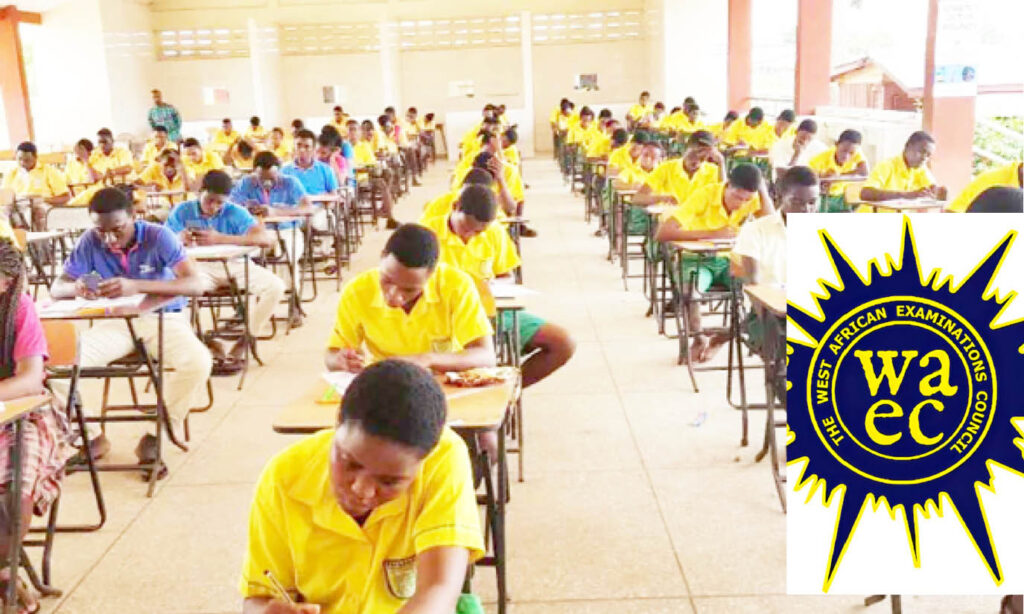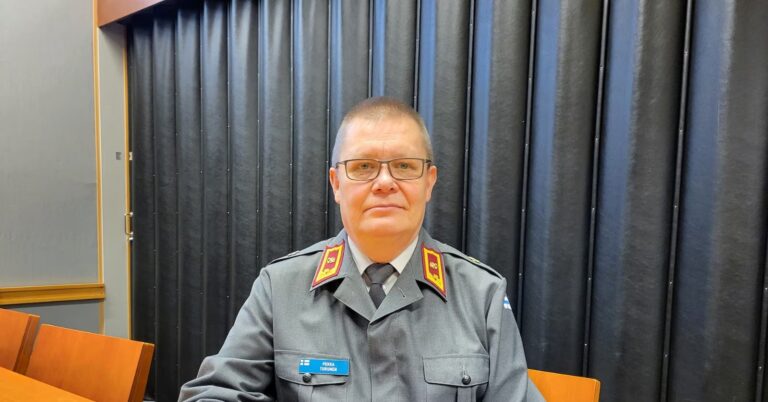
Stakeholders in the education sector including educationists and parents yesterday decried the poor performance of students in the West African Senior School Certificate Examinations (WASSCE) conducted by the West African Examinations Council (WAEC).
The results released yesterday indicated that out of the 1,969,313 candidates who sat for the examination, only 754,545 candidates, representing 38.32 per cent, obtained credits and above in a minimum of five subjects, including English Language and Mathematics.
It would be recalled that during this year’s exam, some school adopted the Computer Based Test method while others opted for the Paper Based Test method
The Head of Nigeria’s Office (HNO) of WAEC, Amos Dangut, who announced the release of the results during a media briefing at the examination body’s headquarters in Lagos, stated that this year’s result showed a 33.8 per cent decrease in performance compared to 72.12 per cent recorded in 2024.
He stated that results of 192,089 candidates, representing 9.75 per cent of the total number of candidates were withheld over various reported cases of malpractice.
According to him, the figure represented a 2.17 per cent decline compared to the 11.92 per cent recorded in the 2024 edition of the same examination.
He said that 1,973,365 candidates registered for the examination from 23,554 recognised secondary schools in Nigeria, but 1,969,313 candidates sat for the examination.
“The examination was also administered to candidates from some schools in Benin Republic, Cote d’Ivoire and Equatorial Guinea, where the Nigerian curriculum for senior secondary schools is being used.
“I also wish to report that a total of 12,178 candidates with varying degrees of special needs registered for the examination.
“Out of this number, 112 were visually challenged, 615 had impaired hearing, 52 were spastic cum mentally challenged, and 37 were physically challenged.
“All these candidates were adequately provided for in the administration of the examination,” the WAEC boss said.
He attributed the previous pass rate to examination malpractice, stressing that this year’s result reflects the effort of the innovative approach by the examination body.
“That is why you see that they do better in Ghana, Liberia, than we are doing here because we rely on examination malpractice.
“Nobody will be bold enough to say that is what we do, especially in private schools but in all honesty that is what we do in many private schools,” he said.
He added that lack of digital literacy to handle a computer could have contributed to the poor record, urging schools to prepare their students adequately for the next examination.
“Many of the students are not familiar with the use of computers, they don’t know how to log in, they have never seen computer before. So sitting in front of a computer for the first time and being asked to run a test was overwhelming. That is the result we are seeing now.
“It is a very simple thing and a no-brainer; let us sit down and analyse this year results, look at all the reasons why the students failed and then get back to the drawing board and think of what we can do right from September. As soon as the students resume, let’s focus on preparing them adequately. Let the schools that don’t have enough systems, get more,” he said.
He advised parents to invest in their children technological literacy.
“Let parents who believe they want their children to do well invest in technological devices that they need, not the ones that they don’t need. Not buying PlayStation, when the child doesn’t have a functional laptop,” he said.
He stressed the need for the examination body to organise orientation programmes for the students ahead of next year.
“We should have an orientation programme for the students. We should get different examination bodies to advise the students on what they should know and what they should avoid.
“We have been challenging schools’ management teams to focus on how students can do better in examinations without being assisted, and how a child will pass exams without being assisted should be our major focus,” he said.
A mother/ teen counsellor, Nike Ogunjobi highlighted that poor reading culture exacerbated by distraction of social media contributes to students’ poor academic performance
“There are a lot of things that are responsible for the decline in results. Nowadays, reading culture is on the decline and students are not interested in reading again. They prefer to scroll their phone, moving from one social media page to another’’, she said.
She added that lack of motivation of teachers to properly prepare students plays a huge role in the decline of quality academic performance
“Most of them don’t even understand what they are reading because teachers add to these issues. Most of the teachers go into this profession because they did not get any other job. They took up the job just for survival, not because they want to add value.
“Once students cannot read or understand what they are taught, then they engaged in exam malpractice,” she said.
Speaking on solutions, she added, “the students have to get their priorities right by focusing on their studies and doing the right thing at the right time.
‘‘The teachers should know that they are not just teaching, they are nurturing future leaders, they are imparting whatever values that they are putting in.
“They should get proper training because they cannot give what they don’t have. A lot of teachers do not even understand what they are teaching, they just pick textbooks and read from them.”
Students react
Kehinde Michael, a student in Ogun State, who sat for the exams acknowledged the serialisation strategy, saying their objective questions were different.
He stressed that the time allotted to write the English examination could have contributed to students’ failure.
“Majority of students failed English because of wrong expressions in letter writing and for not picking the right options given in the objective questions,” he said.
Abdullahi Umaru attributed phobia for calculation to the failure in Mathematics.
“About mathematics, the majority of students have a phobia for calculation. The problem of not having good grades in mathematics starts from primary school. In addition, some students are slow learners and even if they study hard, they may still have problems,” she said.
A parent, Mrs. Adeyemi Grace, stated that the introduction of the CBT for the examination should be revisited.
She added that the teachers need special training to improve on their teaching skills in order to prepare their students well enough for the examinations.
DAILY TRUST.




